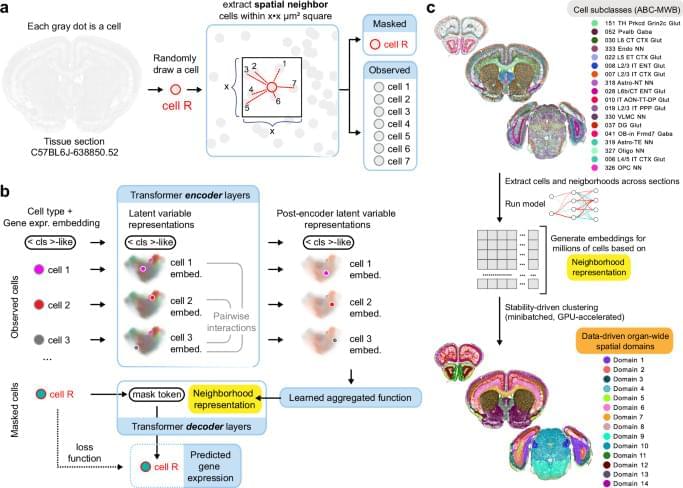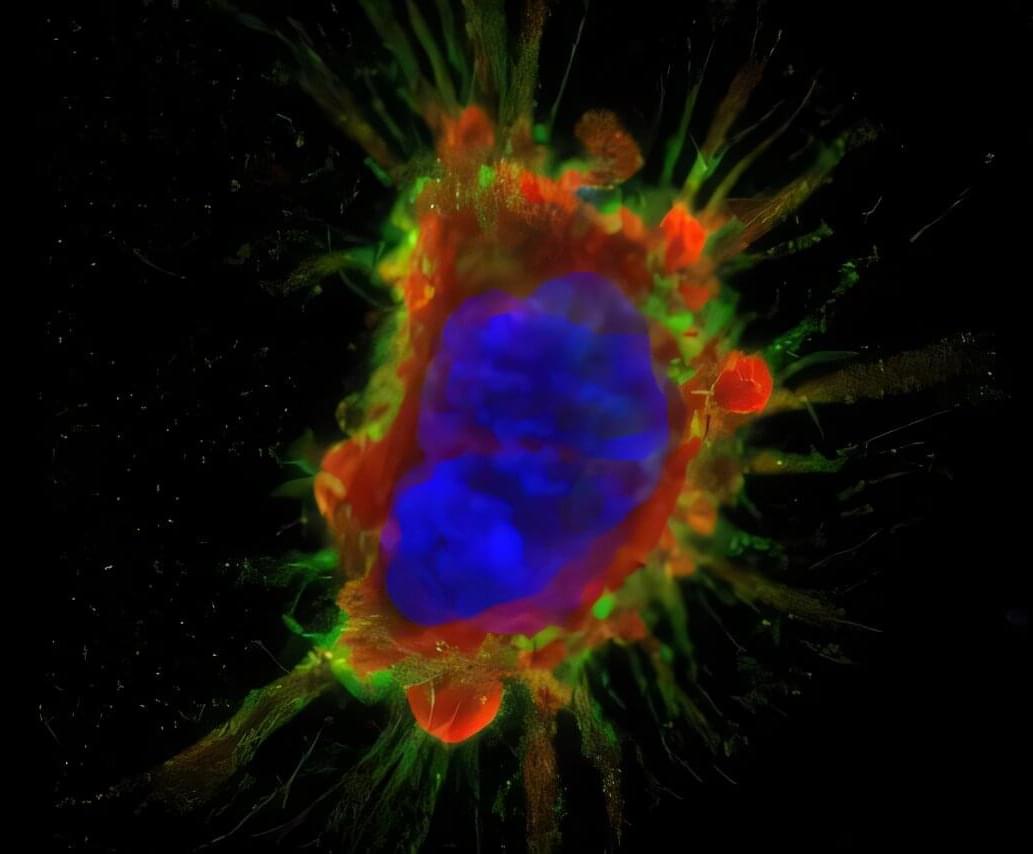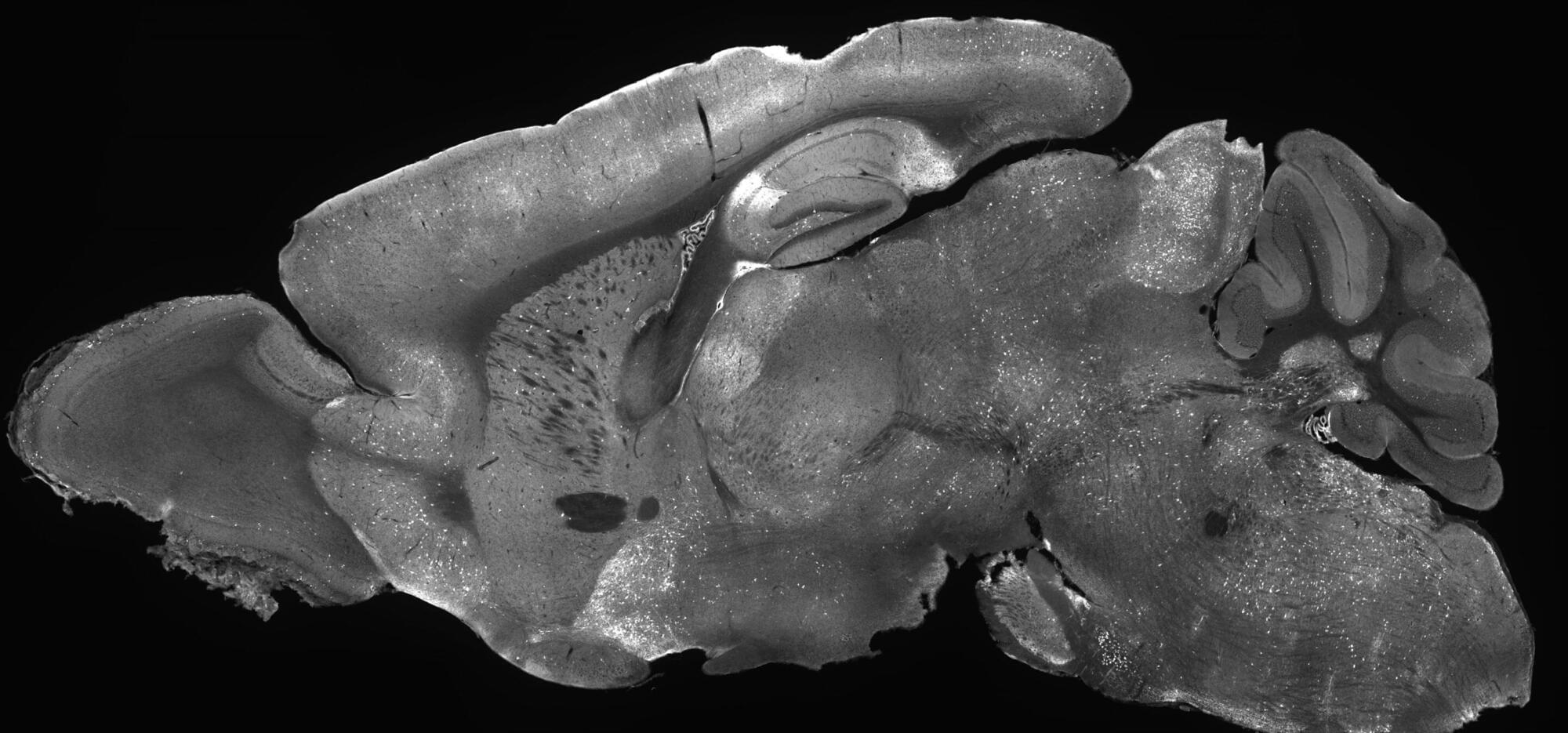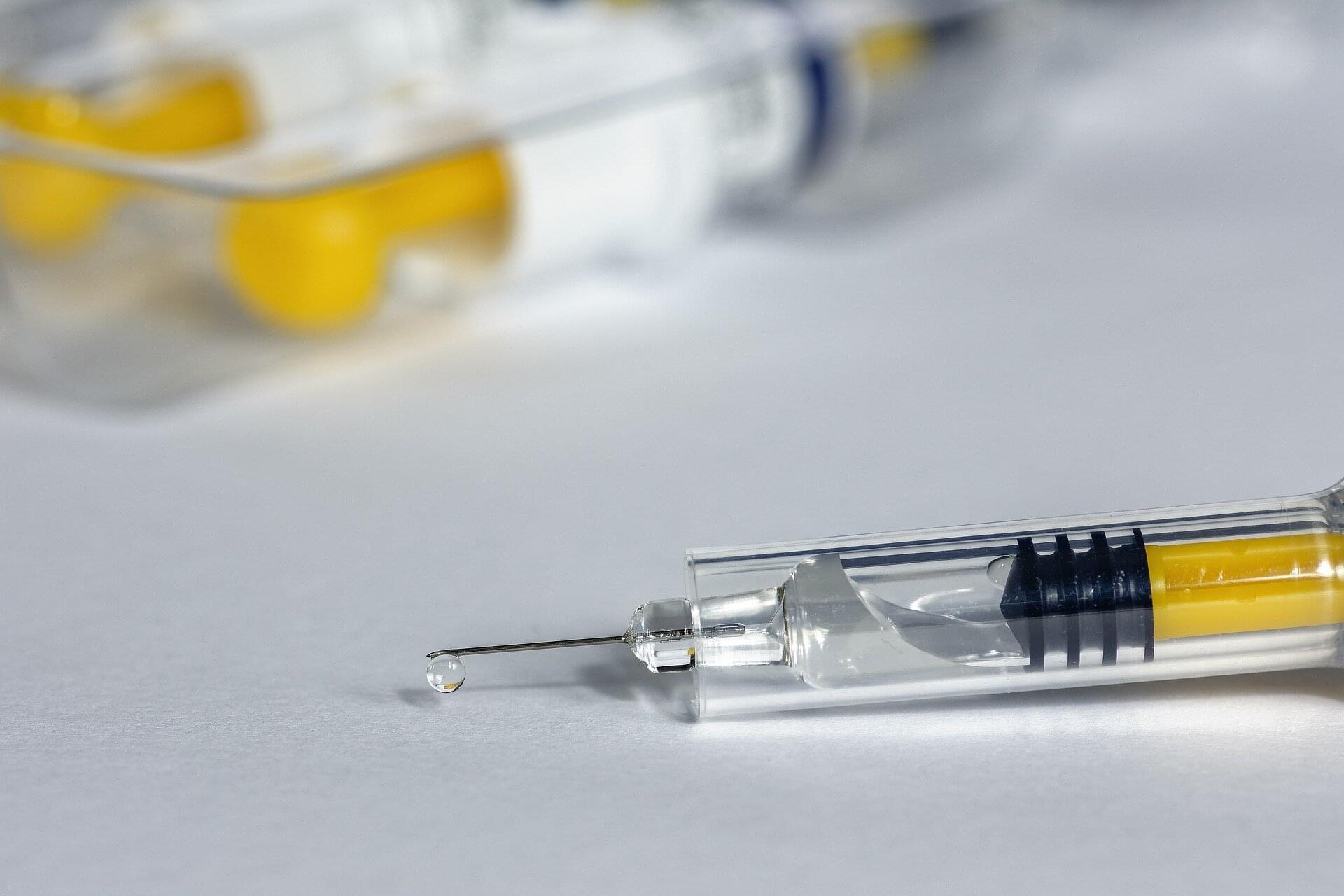In an exciting scientific first, researchers at the Allen Institute successfully designed a new gene therapy that reversed symptoms related to SYNGAP1-related disorders (SRD) in mice. These are a class of brain disorders that can lead to severe and debilitating symptoms including intellectual disability, epilepsy, motor problems, and risk-taking behaviors in humans. In most cases, SRDs are caused when someone has only one working copy of the SYNGAP1 gene instead of the normal two.
The findings, recently published in the journal Molecular Therapy, represent the first successful gene supplementation therapy for SRDs in which an adeno associate virus (AAV) was used to deliver a working copy of the SYNGAP1 gene into brain cells. AAVs are non-replicating viruses that act like delivery trucks carrying therapeutic cargo, in this case the SYNGAP1 gene, into cells that need it.
“Gene supplementation is providing a functional new copy of a defective gene, a strategy that has great potential for correcting diseases where a gene is completely missing or where a single copy of a gene is lost,” said Boaz Levi, Ph.D., associate investigator at the Allen Institute and senior author of the study. “This provides a clear demonstration that SYNGAP1-related disorders can be treated with a neuron-specific gene supplementation strategy. It’s an important milestone for the field that provides hope for those who suffer from this class of severe neurological diseases.”








